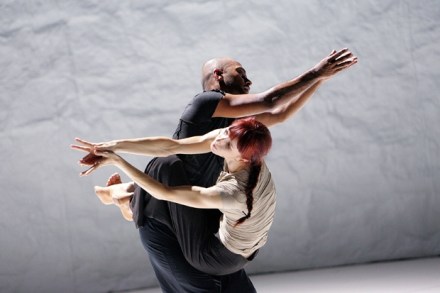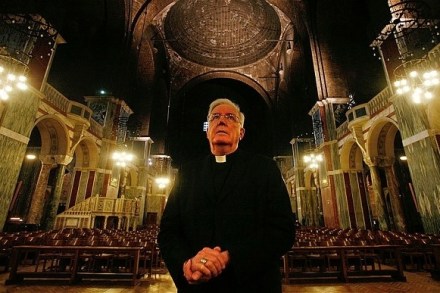Sacred Monsters, Sadler’s Wells: Sylvie Guillem and Akram Kham’s captivating final boogie
I’m dashing between dance theatres at the moment and there’s just so much to tell you about. I could linger on Sacred Monsters, the captivating conversation-piece at Sadler’s Wells for Sylvie Guillem and Akram Khan — conversational being the word, for these genius dancers also talk to us, which is rather like Garbo laughing. Guillem’s voice is a delightful discovery: it’s a soprano timbre, bubbling Frenchly with dropped aitches and baroque flexibility. She tells us cute stories about Charlie Brown’s sister ‘Sall-ee’ and her wish always to be ‘émerveillée’in life, while Khan confides his anxiety about balding. The 70 minutes go by like a jam session for two specialists of


















